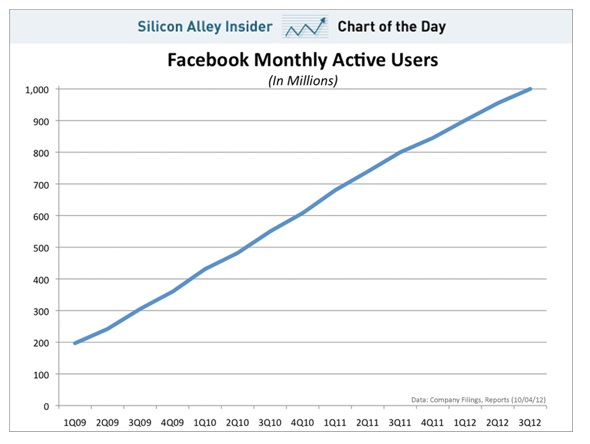Very interesting analysis of the Digger’s recent moves by Anatole Kaletsky.
Outside shareholders of News Corp have long dreamt of the company ridding itself of scarcely profitable newspaper businesses to become a pure TV and movie business. This move was considered impossible under Murdoch, because of his sentimental attachment to print. But that was almost certainly a misunderstanding. Murdoch did not build the world’s greatest media empire through sentimentality. The reason why he loved papers, even when they suffered big losses, was because they gave him political power. For News Corp shareholders, in turn, Murdoch’s power brought business benefits.
Murdoch’s political influence allowed News Corp to overcome regulatory and political obstacles that defeated other media companies. The obvious case was News Corp’s recent attempt to take full control of BSkyB, the British satellite broadcaster, but there were many other cases. In fact, Murdoch’s ability to overcome obstacles – whether erected by politicians, regulators, unions or business rivals – that thwarted other moguls has been the key to his success.
Kaletsky argues that even when the newspapers lost money, they were still useful.
Throughout Murdoch’s career, his bold personality and vision have been usefully supplemented by the political influence derived from newspaper ownership. This ingredient in the Murdoch formula has now been transformed.
Once the phone-hacking scandal sabotaged the BSkyB bid, the business calculation behind newspaper ownership completely reversed. The papers were suddenly transformed from an asset into an albatross – and the arguments for keeping a print business within News Corp vanished. In July, Murdoch duly conceded this, announcing that all his publishing businesses would be split off into a separate company.
Smart piece. It’ll be interesting to see who lines up to buy the Times.
, and scarcely a day goes by without it being called upon for some humdrum but vital purpose. It’s been such a constant companion that, on several occasions, I’ve had to sacrifice it to airport security when travelling with only cabin baggage (though on my last flight I asked the Airport Security if it was still verboten and they said “no” — so it travelled with me).
.





